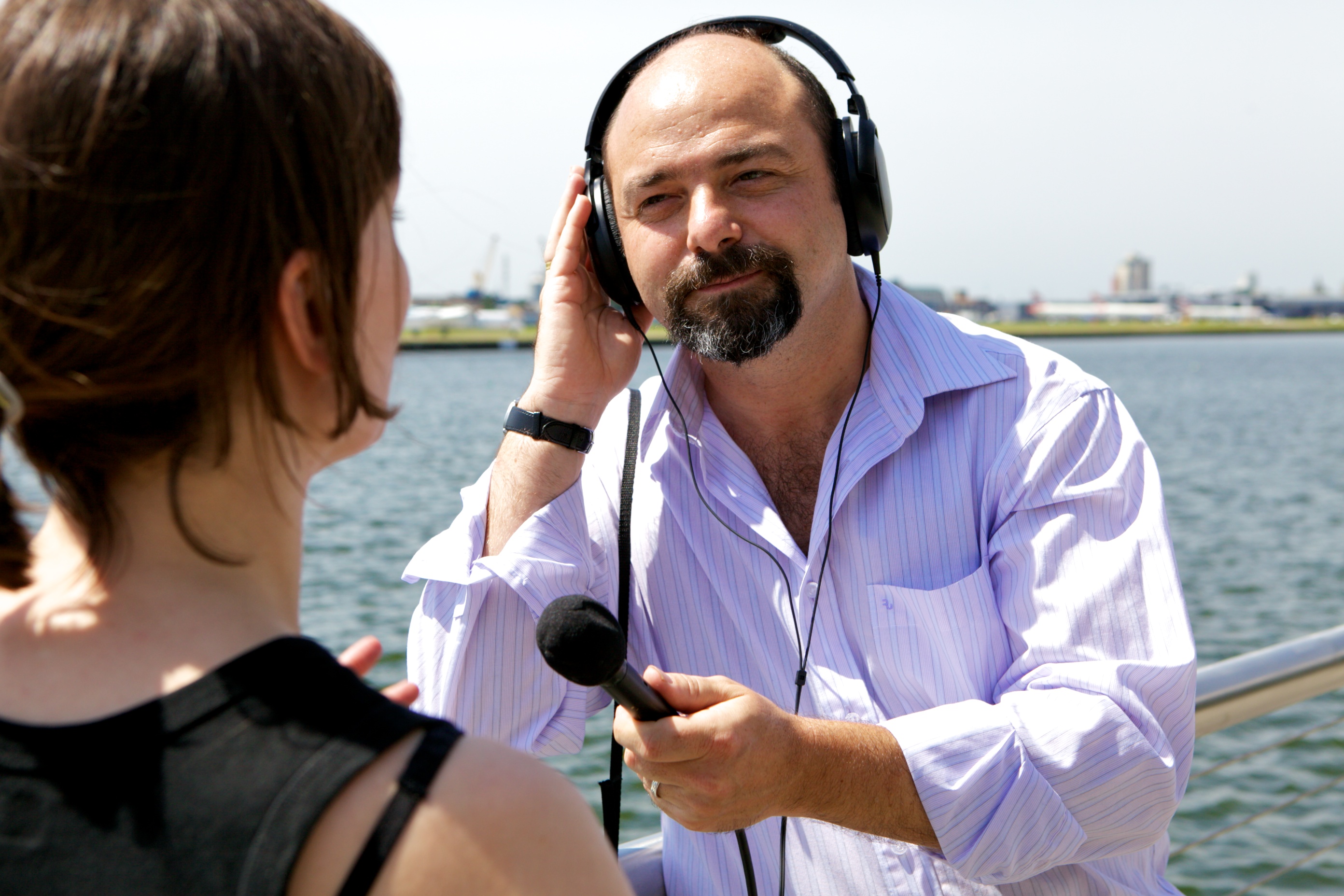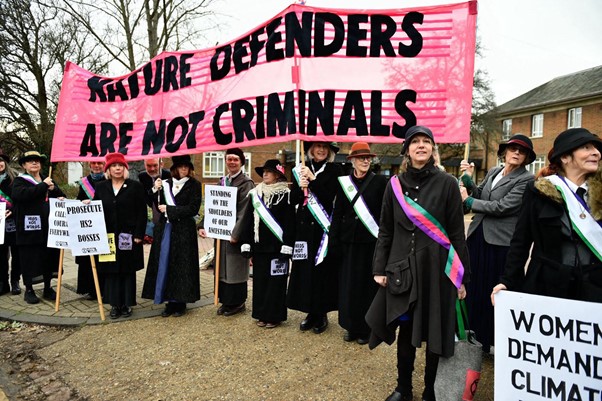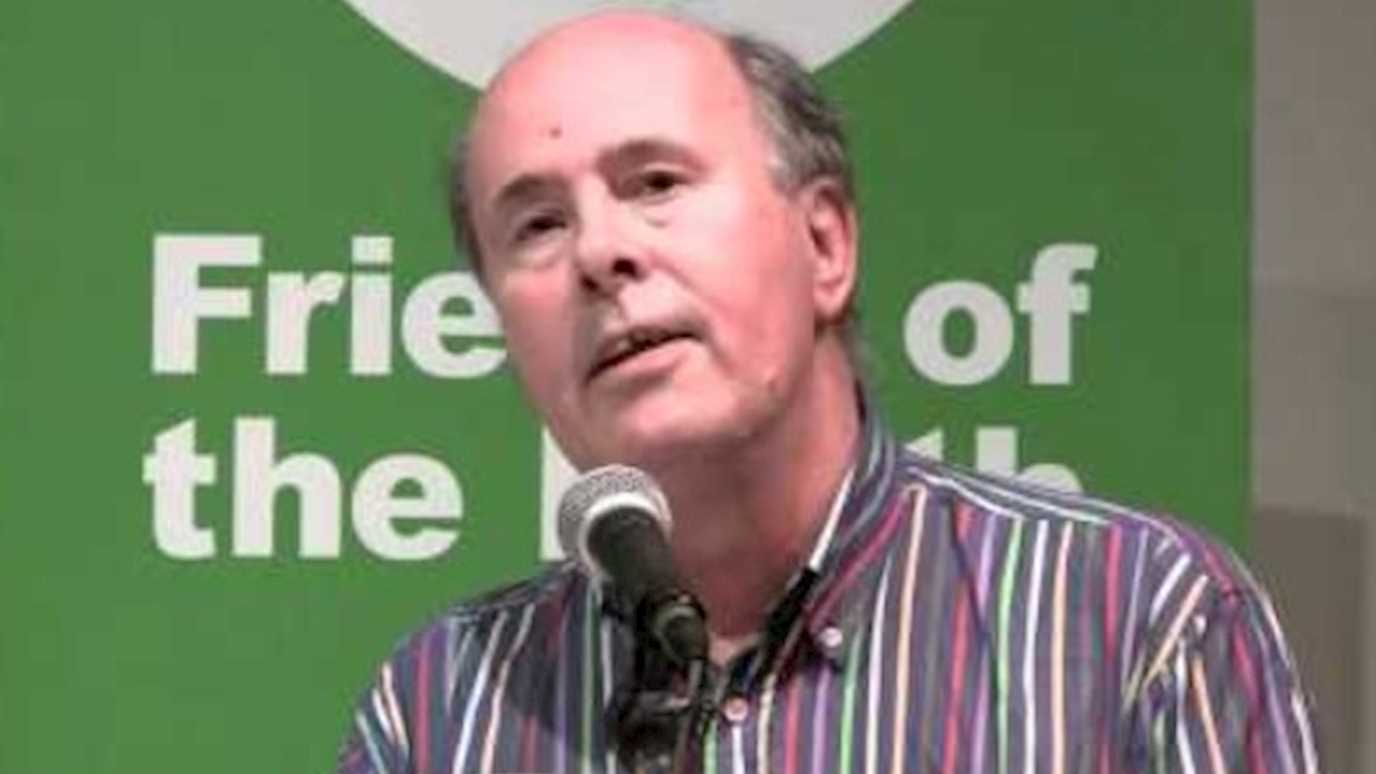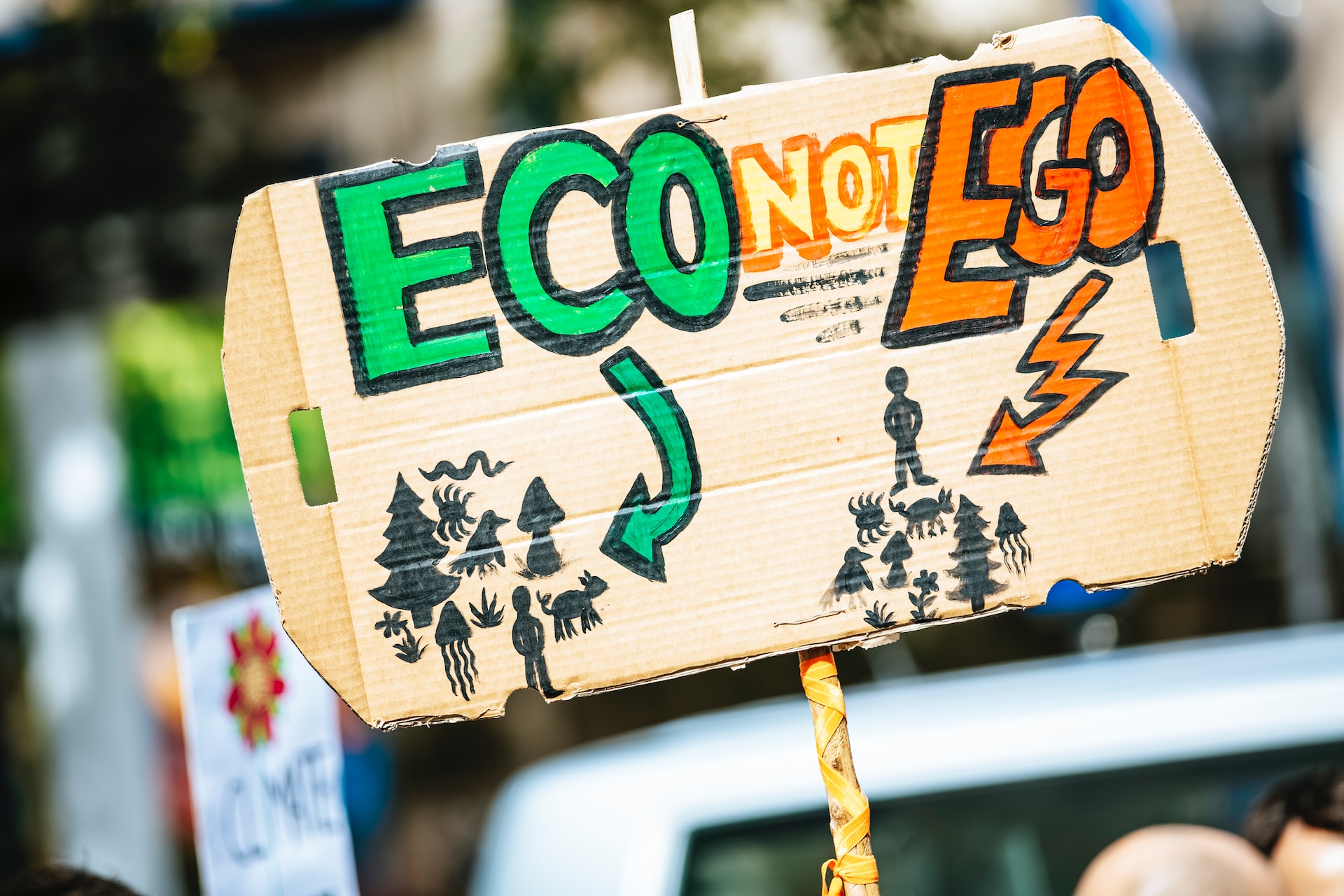Get to Know Dr Toby Butler

1. Can you tell us a bit about yourself and your role as a reader in the Department of Geography?
I have a long association with Royal Holloway – my sister, Kate studied history here so I remember her room in Founders which I would have visited when I was eight years old, and I think it had a big impression on me, as after that I was sure I wanted to go university. I returned to RHUL twenty years later to do my PhD, working on a project looking at the cultural history of the River Thames, which involved creating ‘memoryscapes’, immersive audio walks, using oral history recordings along the Thames Path with the Museum of London. I’ve been interviewing people for most of my life, both as a journalist and for public history and academic projects. And now I’m back as a member of staff to lead a research team of seven people on a three-year project. Things have changed dramatically since I was here last – a new library, more halls and the lower car park now has tarmac!
2. You have recently started work on a major project entitled ‘An Oral History of the Environmental Movement in the UK, 1970 – 2020’. What are the main objectives of this project?
The main aim of this AHRC funded project is to create a new archive of oral history interviews with environmental activists that will be part of the National Life Stories Collection at the British Library. We will be interviewing 100 people and many of the interviews will be long-form, whole-life history interviews conducted over several days, exploring the lived experience and different perspectives of the development of the environmental movement in the UK. The British Library have a large collection covering various sectors and industries, but there is a significant gap here that is an important part of our history. We will publish a book with the edited highlights of the interviews, which will be aimed at a general audience, alongside academic papers, podcasts and articles.
The idea for the project came from some experienced environmental activists who felt new generations of environmentalists like Extinction Rebellion seemed unaware of the long history of campaigning in the UK. They wanted that story to be recorded, and conversations developed across generations. With that in mind, we be involving activists in ‘witness seminars’, Masters level students in the research process and working with the Royal Geographical Society to produce learning resources for schools and colleges, based on the interview material. I think it could be of use for Geography and citizenship more generally.
3. What sparked your interest in the Environmental Movement in the UK, and why did you decide to focus on an oral history of the movement specifically?
I have long had an interest in people – and communities – who are brave enough to try out new ways of life, or strive to change things for the better. As an undergraduate student in Wales I spent a lot of time interviewing ‘hippies’ – many of whom had left England for rural Wales to try out organic farming, communal living and experimenting with what was then called alternative technology. I also spent some time in Tamil Nadhu, India at one of the biggest experimental communities in the world, Auroville, interviewing the founding members of the community for their archives. I recorded some extraordinary accounts, often involving sacrifice and difficult personal decisions, often in the face of derision from the media and wider society. They often drew on philosophies with a deep concern for the natural world and combined them with applied science, political and cultural theory, even marketing techniques to effect change.
I’m an optimist at heart, and I think I’m attracted to people who think they can change the world for the better, even if it’s on a small, even personal scale. It’s also been interesting to see what many people considered to be peripheral, crank or alarmist ideas and activities move centre stage and, along with the growth of the environmental third sector which has lobbied and campaigned for change, gain widespread acceptance – renewable energy, greener transportation, sustainable agriculture, the climate change emergency and so on. Thousands of hands made it happen. I’d like to understand how and why, from a range of perspectives.
4. What do you enjoy most about being part of our College community?
Over the years Royal Holloway has given me nothing but inspiration and opportunities. I particularly like the supportive and open-minded culture in the Geography Department, it covers such a vast range of subjects and areas which is endlessly surprising. The staff have spent a lot of time developing a supportive culture and programming regular sessions in which staff and postgraduate students can discuss and debate their research activities as equals, which I particularly enjoy.
5. How do you like to spend your time outside of work?
I have developed a deep interest in the history of pubs and beer. The ‘micro-pub’ revolution started in Kent where I live, and this hobby provides endless opportunities to beer festivals, towns and villages to check out interesting pubs and new beers. And of course, a place and a space to talk, which I suppose is at the heart of a lot of what I do. I’m a good listener!























